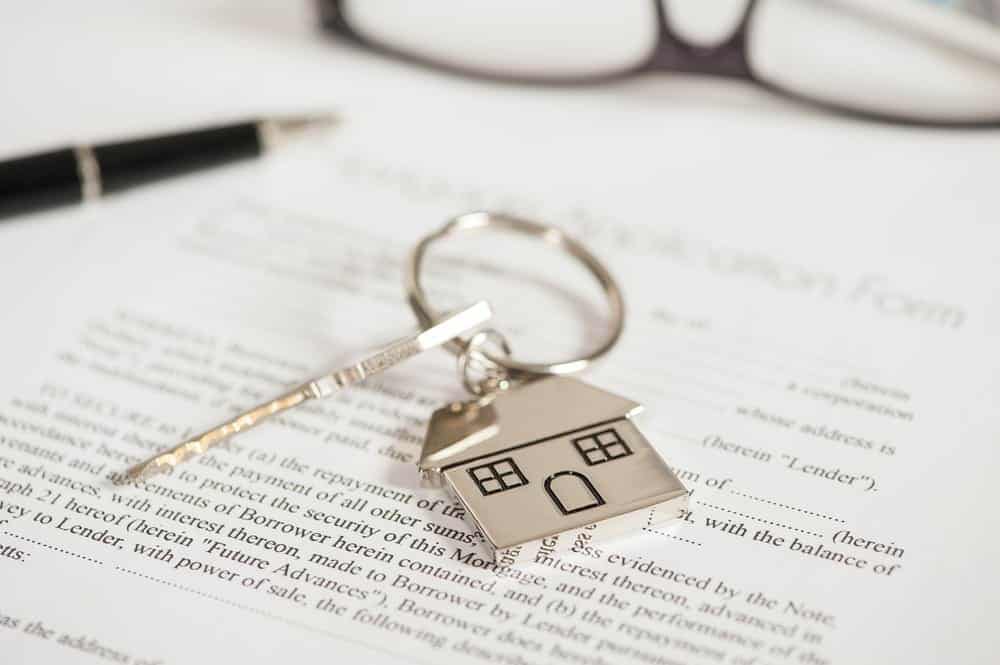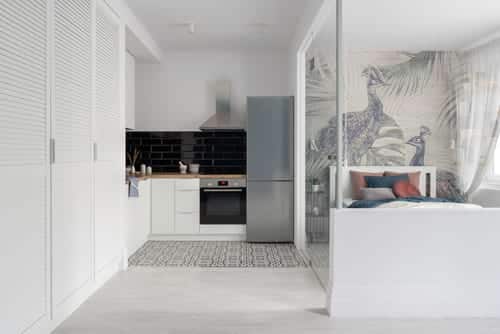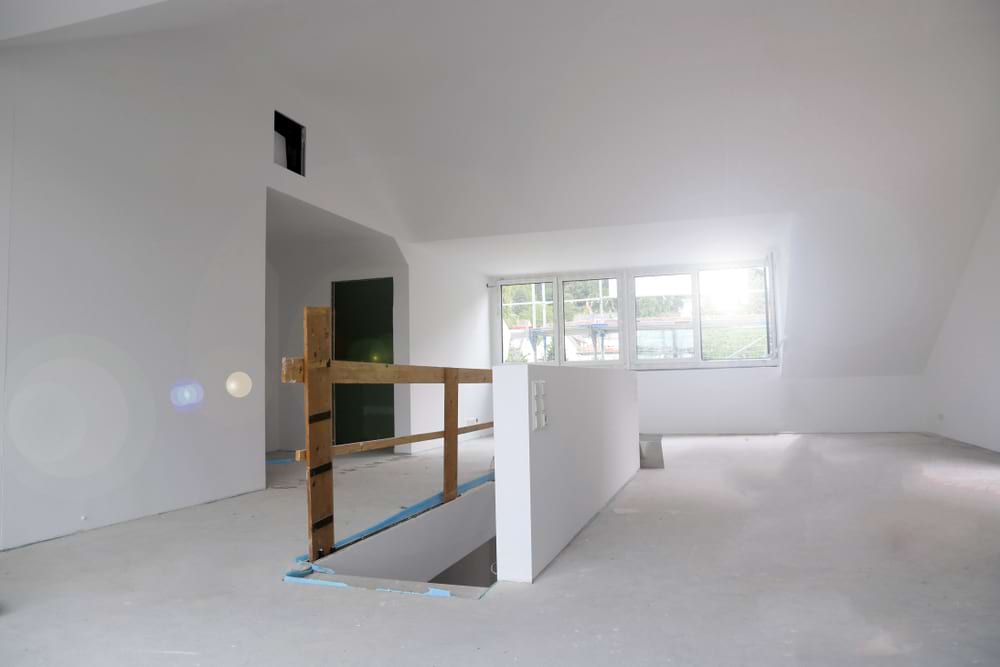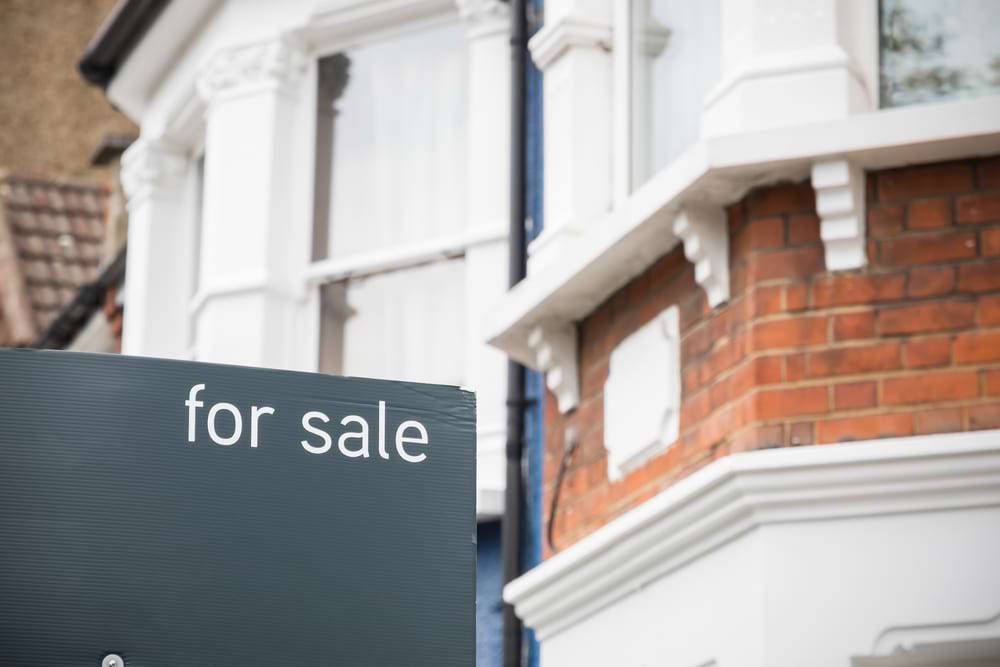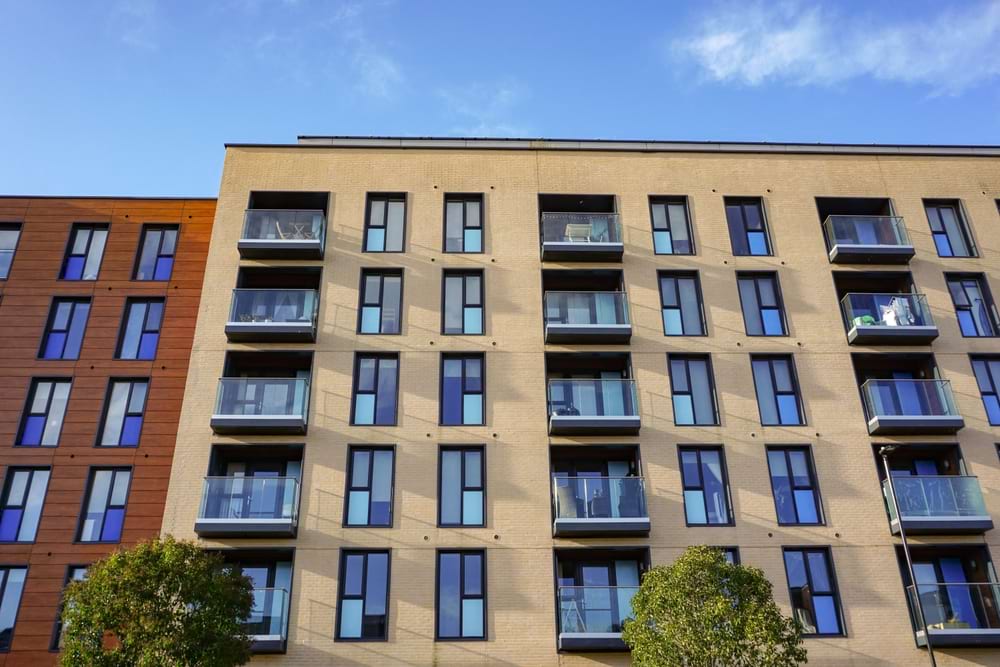Many people buying a property in the UK, especially a flat, will encounter the term “leasehold.”
It refers to a common but often misunderstood type of ownership.
In the blog below, we will explain:
- What a leasehold is
- The situations where you may encounter it
- The pros and cons of owning a leasehold property.
What is a leasehold?
A leasehold is a form of property ownership in which you own the right to live in and use a property for a fixed period.
This is usually for a long lease term, such as 99 or 125 years.
A freeholder owns the land and building. Tenants can then effectively rent them from them by paying ground rent and service charges.
When you buy a leasehold property, you buy the remaining years left. Over time, the lease gets shorter. Once it drops below 80 years, selling your flat becomes more challenging.
Extending the lease or buying the freehold solves this. But it can often cost a significant amount of money.
The UK government plans to introduce a law to make it easier for leaseholders to extend their leases.
(Read on to find out more about this law).
Can you get a leasehold on properties other than a flat
Although leaseholds are common for flats, they can also apply to houses.
Leasehold houses have been built in the UK since the 1950s.
There are estimated to be around 160,000 leasehold houses in England, which makes them less common than leasehold flats.
New build leasehold houses were popular with builders. It gave them more control over the land and allowed them to charge ground rent. This made it easier to control the quality of the development.
Other rarer examples of leasehold properties include car parking spaces and commercial properties. Parks and land are more examples.
Banned but not gone
Although the government has recently banned new leasehold houses, owners can still sell existing ones.
Freeholds vs leaseholds
Leaseholds are often confused with freeholds.
The main difference between the two is that freeholds are permanent.
No ground rent or service charges are required for it and the owner has complete control over changes.
By contrast, leasehold ownership provides property rights for a fixed term, requires ground rent and service charges, and is subject to the lease terms.
(Another property ownership model is commonhold, which is when multiple residents jointly own the common areas of a property.)
Can I turn my leasehold into a freehold?
Converting most leasehold properties to freeholds is possible by buying the underlying land. You can then build from the freeholder in a process called enfranchisement.
Enfranchisement allows leaseholders to buy the freehold of their property, giving them more control and increasing the value of their flat.
To qualify for enfranchisement, you usually need to have owned the leasehold for two years. Collective enfranchisement is also possible.
This is where many leaseholders in a building group together to buy the freehold.
The process involves notifying the freeholder. You then get a valuation on the property’s freehold value. This considers the remaining lease length and ground rent owed.
The shorter the lease, the lower the freehold cost. You will also need to pay the freeholder’s legal fees.
Is the UK Government changing the leasehold laws?
In recent years, there have been growing concerns over unfair leasehold practices in the UK. These include:
- Escalating ground rents
- Unfair fees
- Freeholders’ slow approval of changes.
As a result, the UK government introduced new legislation in 2024. This aims to reform residential leaseholds in England and Wales.
Key changes include:
- Banning the sale of new leasehold houses except for in exceptional circumstances
- Making it easier and cheaper for people to extend their lease or buy their freehold.
- Increasing the standard lease extension term to 990 years for houses and flats.
These changes have not yet come into effect. The government will aim to provide guidance on when the changes will become ‘official’.
You should keep an eye on developments in this area if the information is relevant to you.
Advantages of a leasehold
Getting a foot on the property ladder
Leaseholds offer a unique opportunity to access property ownership. This might otherwise be unaffordable.
Many leaseholds also allow for shared ownership. This is when you buy part of the lease upfront and later buy more or convert to full ownership.
This flexibility can empower potential buyers to make a manageable investment.
Convenience
The freeholder handles responsibilities like external maintenance. This makes your life easier by giving you less administration duties.
Lower cost
Leaseholds may be less expensive for you to buy than freehold equivalents in some situations.
Disadvantages of a leasehold
Limited control
A major disadvantage of leasehold property is that you don’t own it entirely. There are also limits to your rights and control.
For example, if you want to make alterations, you will usually need permission.
Costs
Ground rents and service charges must go to the freeholder along with your mortgage. These can increase over time. Even if you can afford it when you first buy the house, it may not be the case in the future.
The lease length reduces over time, so it can be challenging to sell your flat or mortgage when it drops below 80 years.
You will need to spend a significant amount extending the lease, when the time arises.
Re-sale price
The resale value may often be lower than a freehold, too.
Can I get a mortgage on a leasehold flat with a short lease?
It is possible but becomes more challenging when the unexpired lease term drops below 70-80 years.
Most lenders have restrictions on lending against leasehold flats with short leases.
It affects their ability to repossess and sell the flat if you default on payments.
There is a range of options available to you when getting a mortgage.
You could find less risk-averse lenders who may agree to shorter terms. Although, interest rates are usually higher. Specialist brokers can help you to search for deals in this position.
You might wish to opt for a shorter fixed-term mortgage over 5 – 10 years, rather than longer-term 25-year deals. This reduces the lender’s risks.
Buying a share of the equity, while a housing association owns the rest. This can make it easier to get approval.
Paying lump sums to extend the lease before getting a mortgage gives you a longer term to work with.
Asking the seller to extend the lease as a condition of sale is worth exploring.
How can I sell a leasehold flat with a short lease?
Selling a short leasehold flat can be challenging, but a few options are available.
You can offer to extend the lease or convert to freehold before putting it on the market. While costly, this can increase the sale value.
Alternatively, you could price it below market value. This accounts for the short lease term and makes it more attractive to buyers.
Consider auction sales, where buyers may be willing to take on a short lease. But prices can be lower.
You may also want to find cash buyers who don’t need a mortgage.
This avoids issues with lenders’ restrictions. You could even offer to pay stamp duty for the buyer to help offset lease extension costs they’ll face.
If possible, sell to an investor who intends to extend the lease or immediately resell it. Be aware that they will factor lease costs into their offer price, though.
Include an option for the buyer to buy an extension or freehold within a set period after completion.
See if you can return the remaining lease term to the freeholder or their management company.



